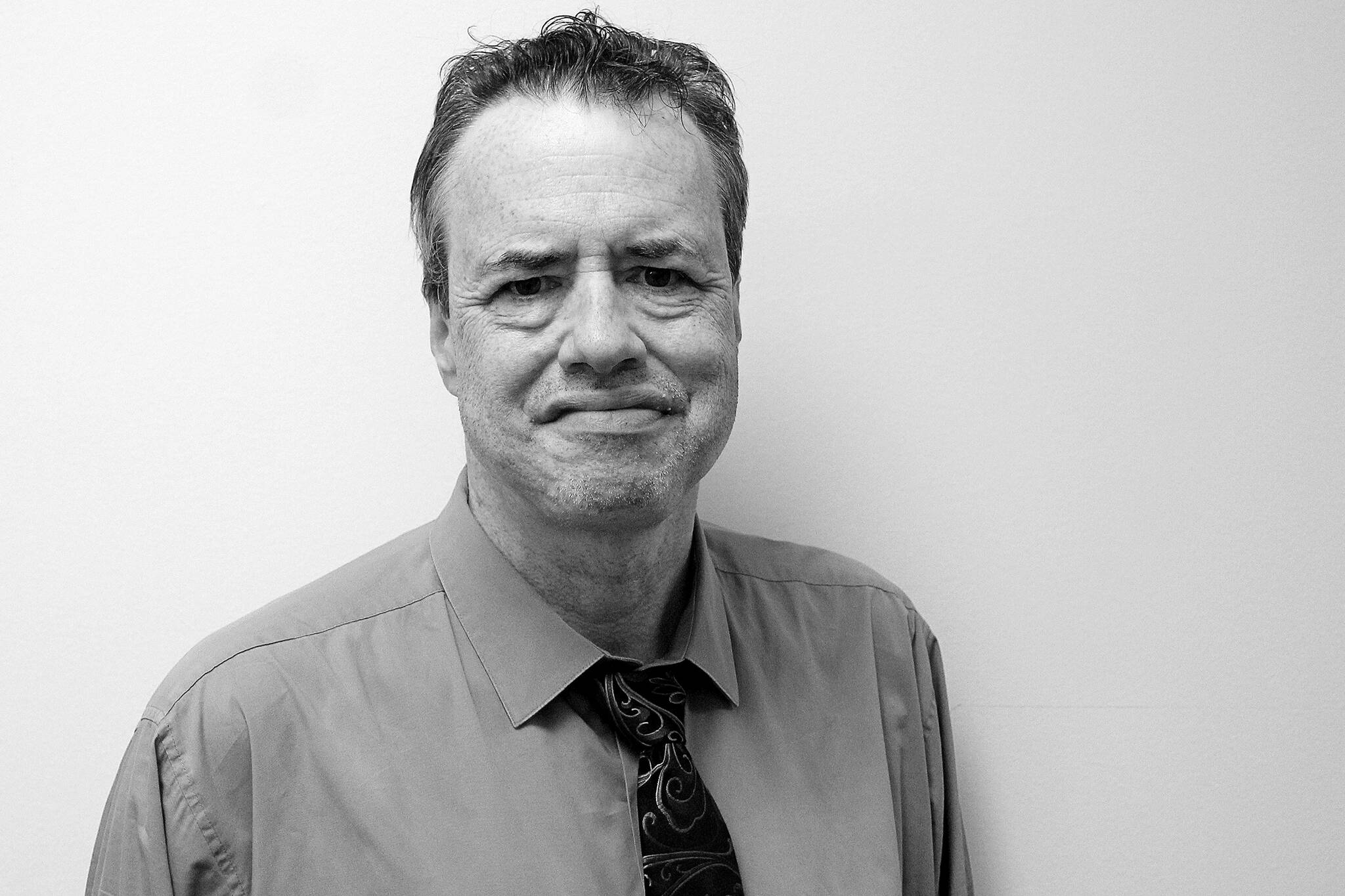Life offers us no better mirror to the good and the bad in ourselves than marriage.
Day in, day out, or as Don Henley sang, “Everything, all the time.”
Of course, it’s flattering to see our positive qualities reflected back at us from our mate’s eyes, especially when the reflection appears to confirm the virtues we were always sure we possessed, such as generosity.
But there’s also the bad stuff, the unacknowledged in ourselves. For example, husband, did you know that you attach strings to each act of generosity? Or wife, did you know that the snarky comments you make undercut the very praise you give, turning each iteration into the back of a hard hand? These sorts of things are like acids.
Before Oct. 11, 2015, when I said “I do” to Ann and marriage held up the mirror, I had no idea about the temper I harbored, or the heights of silliness I could attain defending stupid positions.
Or how my wounded pride would make fence mending and apologizing as painful as if I had consented to being threaded by a giant needle.
Or my personal tendency to lean way too hard on head knowledge. Yeah, that one doesn’t go over too well with anyone, but especially with Ann.
Just about all of these eye openers were the by-product of painful disagreements that seem to have come from nowhere after we said our vows.
Here is the thing about Ann: she remembers everything — and I mean everything — I have ever said to her. That can be a tough thing. I have known her since 1981, when we met at then Green River Community College, though for many of the intervening years, we were not in contact.
So, I thought I knew Ann very well. But I didn’t.
And I didn’t know the many preconceptions I brought to the marriage.
No one I know has written with greater understanding and sensitivity about this subject than Leo Tolstoy in his masterpiece “Anna Karenina.” Below, Tolstoy writes about the first three months of Kitty’s and Levin’s marriage, the counterweight to the adulterous relationship between Anna and Vronsky:
“[Levin] was happy; but on entering upon family life he saw at every step that it was utterly different from what he had imagined. At every step he experienced what a man would experience who, after admiring the smooth, happy course of a little boat on a lake, should get himself into that little boat. He saw that it was not all sitting still, floating smoothly; that one had to think too, not for an instant to forget where one was floating; and that there was water under one, and that one must row; and that his unaccustomed hands would be sore; and that it was only to look at it that was easy; but that doing it, though very delightful, was very difficult.”
And then this about the aftermath of the newly married couple’s first serious quarrel, which Levin had assured himself would never happen in his marriage, unlike everyone else’s:
“It was only then, for the first time, that he clearly understood what he had not understood when he led her out of the church after the wedding. He felt now that he was not simply close to her, but that he did not know where he ended and she began. He felt for the first moment as a man feels when, having suddenly received a violent blow from behind, he turns round, angry and eager to avenge himself, to look for his antagonist, and finds that it is he himself who has accidentally struck himself, that there is no one to be angry with, and that he must put up with and try to soothe the pain.”
Marriage is a daily reminder of the old Greek imperative, “know thyself.” And in the shards that remain after the inevitable blowups with our mate, we will find evidence of little stacks of old grievances, ready to burst into flame, seemingly over trivialities but often laying bare some ancient, unhealed wound.
If we have a conscience and a desire to be better, we can learn a lot from such painful revelations.
Here’s what matters to me. If I don’t want to be the cloud that obscures Ann’s sunny days, puts the damp squib to her hopes and joys, turns her dreams to ash, then I need to change.
In the end, there is a lot in me, as in all of us, about as lovable as the taste of rancid meat. I must be willing to acknowledge this fact and put in the work. And work in this instance means confronting and dealing with the worst parts of myself. It is painful, but it is the royal road to wisdom.
Robert Whale can be reached at rwhale@soundpublishing.com.


